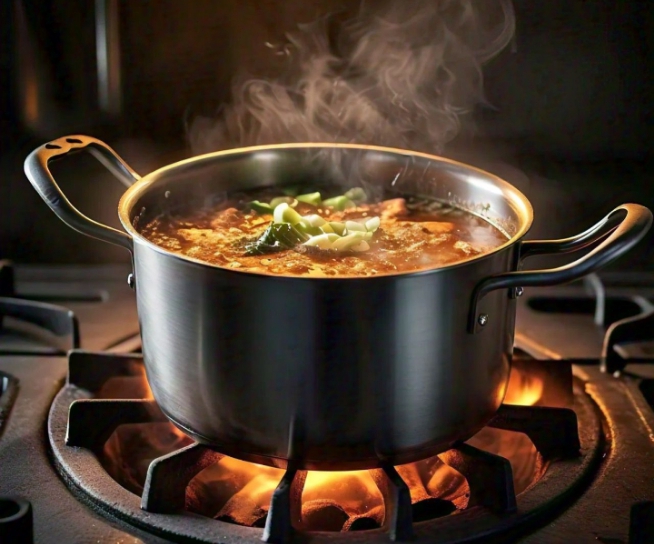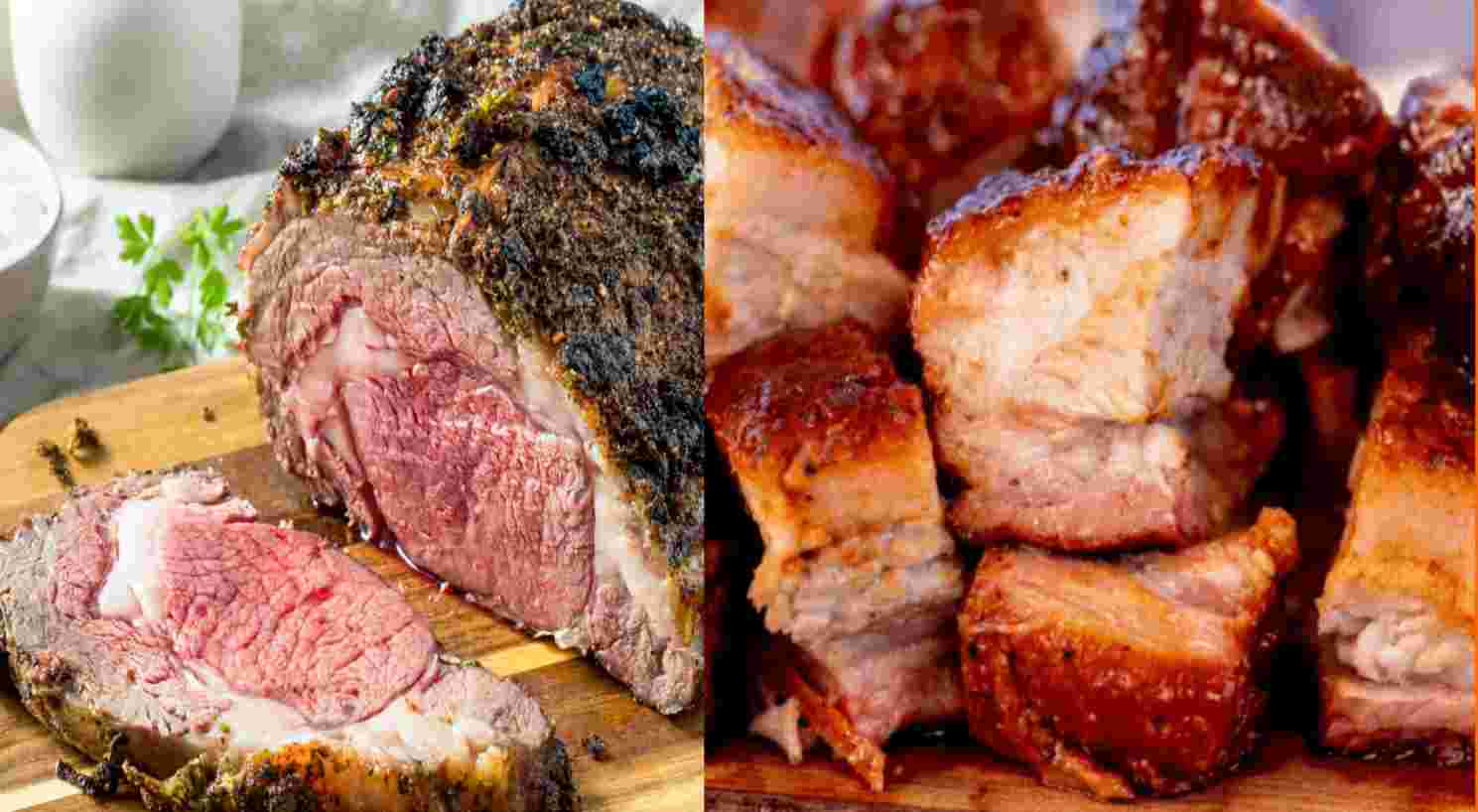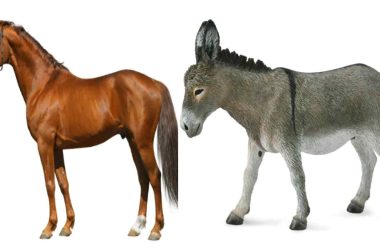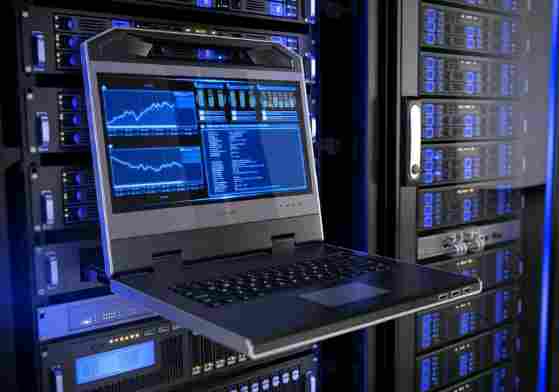When it comes to cooking, the choice of a cooker can significantly influence the culinary experience. Gas cookers and electric cookers are the two primary options available, each with its unique features, advantages, and disadvantages. Understanding the differences between them can help you make an informed decision based on your cooking needs, preferences, and lifestyle.
Fuel Source
One of the most apparent differences between gas cookers and electric cookers is the fuel source they utilize.
| Feature | Gas Cooker | Electric Cooker |
|---|---|---|
| Fuel Source | Natural gas or propane | Electricity |
Gas cookers operate by burning gas, which provides instant heat. In contrast, electric cookers rely on electric coils or induction technology to generate heat. This fundamental difference impacts the cooking experience, efficiency, and even safety.
Heating Speed
The speed at which a cooker heats up is crucial for efficient cooking.
| Feature | Gas Cooker | Electric Cooker |
|---|---|---|
| Heating Speed | Heats up quickly | Takes longer to heat up |
Gas cookers generally heat up immediately, allowing for quick adjustments in temperature. Electric cookers, particularly traditional coil types, tend to take longer to reach the desired temperature, although induction cookers heat up faster than conventional electric models.
Temperature Control
Precision in temperature control is essential for many cooking techniques.
| Feature | Gas Cooker | Electric Cooker |
|---|---|---|
| Temperature Control | Very responsive, instant adjustments | Gradual, less immediate adjustments |
Gas cookers provide immediate feedback and control, enabling chefs to make quick temperature changes. Electric cookers, especially traditional ones, may lag in responsiveness, making it harder to achieve precise cooking results.
Cooking Techniques
Different cookers can be better suited for specific cooking techniques.
| Feature | Gas Cooker | Electric Cooker |
|---|---|---|
| Cooking Techniques | Ideal for high-heat methods (e.g., stir-frying) | Suitable for slow cooking and baking |
Gas cookers excel in high-heat cooking methods such as stir-frying and searing, where rapid temperature adjustments are crucial. Electric cookers, particularly those designed for baking, provide even heat distribution, making them ideal for baked goods.
Safety Features
Safety is a critical consideration when choosing a cooker.
| Feature | Gas Cooker | Electric Cooker |
|---|---|---|
| Safety Features | Risk of gas leaks; may require ventilation | Generally safer; no open flames |
Gas cookers pose a risk of gas leaks, necessitating proper ventilation and regular maintenance. Electric cookers, while generally safer, can still pose hazards such as electrical fires if not used properly.
Energy Efficiency
Energy efficiency can influence both utility bills and environmental impact.
| Feature | Gas Cooker | Electric Cooker |
|---|---|---|
| Energy Efficiency | More efficient in terms of heat usage | Generally less efficient, but varies with type |
Gas cookers are often considered more efficient because they convert a higher percentage of energy into usable heat. However, electric cookers, particularly induction models, can also be highly efficient by using energy directly for cooking.
Cost Considerations
The initial cost and ongoing expenses of each type of cooker can differ significantly.
| Feature | Gas Cooker | Electric Cooker |
|---|---|---|
| Initial Cost | Typically lower | Generally higher |
| Operating Cost | Varies with gas prices | Varies with electricity rates |
Gas cookers usually have a lower initial purchase price compared to electric cookers. However, the ongoing operating costs will depend on the current prices of gas versus electricity in your area.
Conclusion
Choosing between a gas cooker and an electric cooker ultimately depends on your cooking style, budget, and personal preferences. Gas cookers offer rapid heating and precise temperature control, making them ideal for high-heat cooking. Electric cookers, especially induction types, provide convenience and safety, suitable for various cooking methods.
By considering the differences outlined in this article, you can make a choice that best fits your cooking needs and lifestyle. Whether you prefer the immediacy of gas or the convenience of electric, each cooker has its unique advantages waiting to be explored.

















